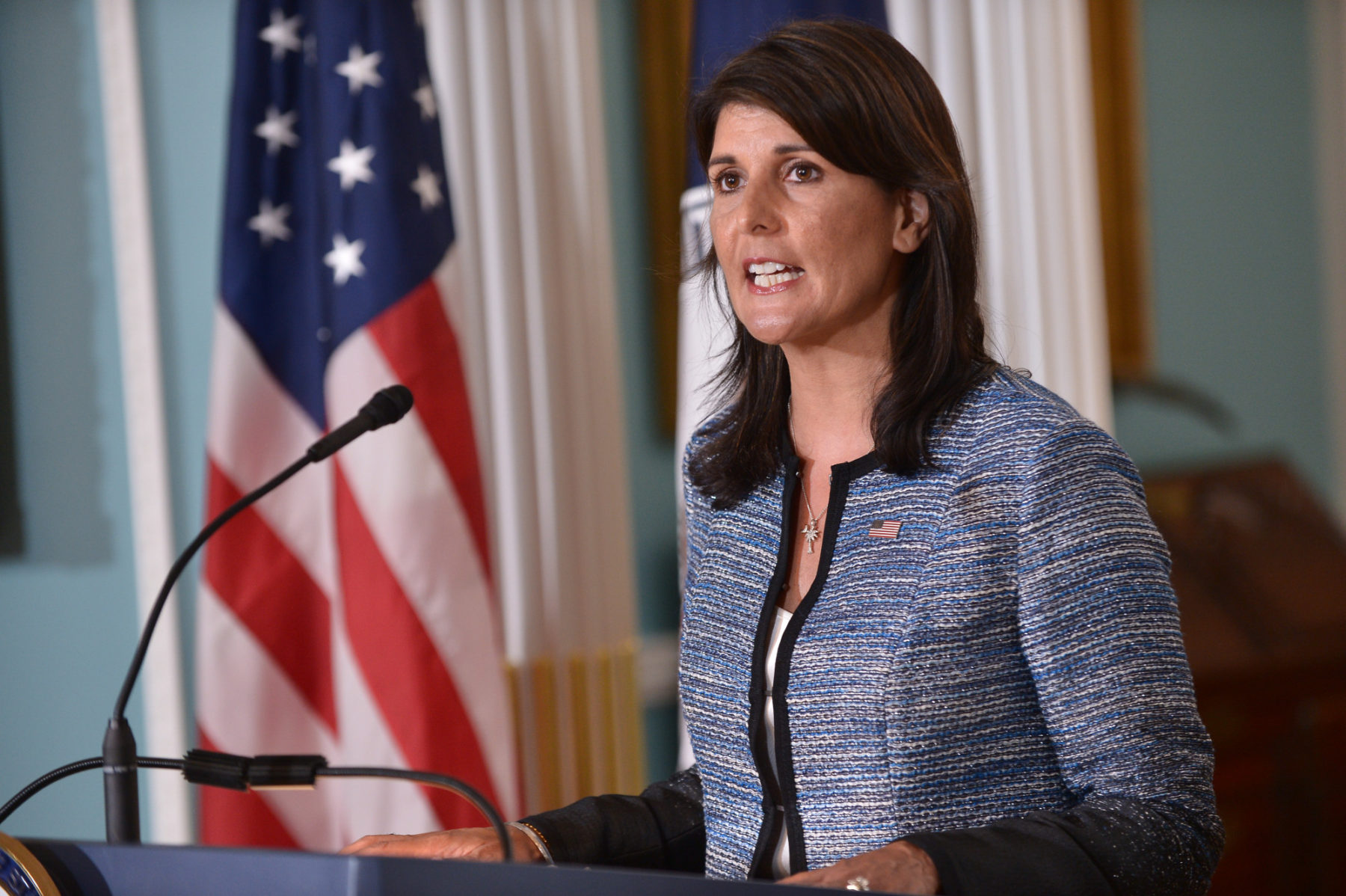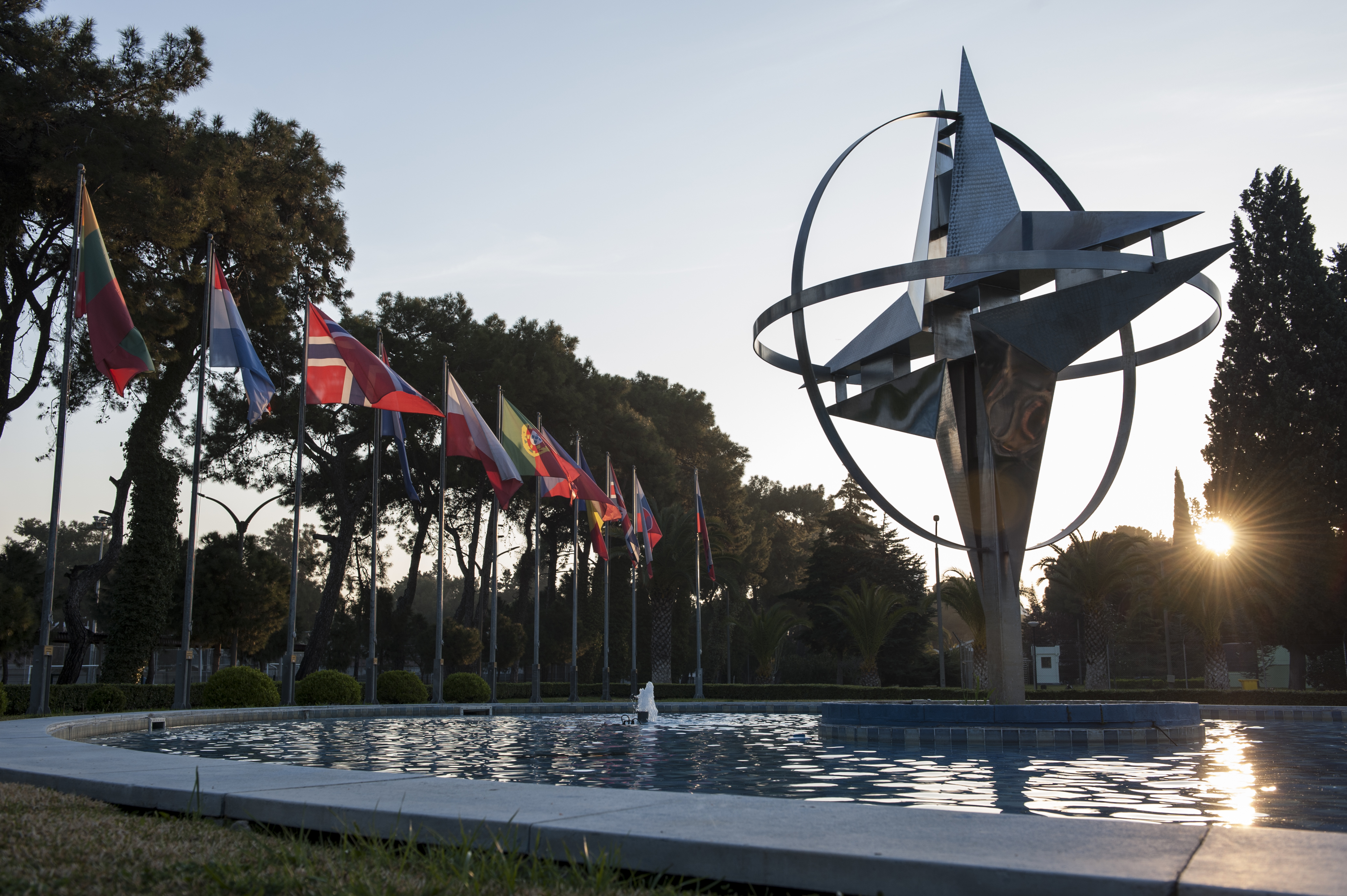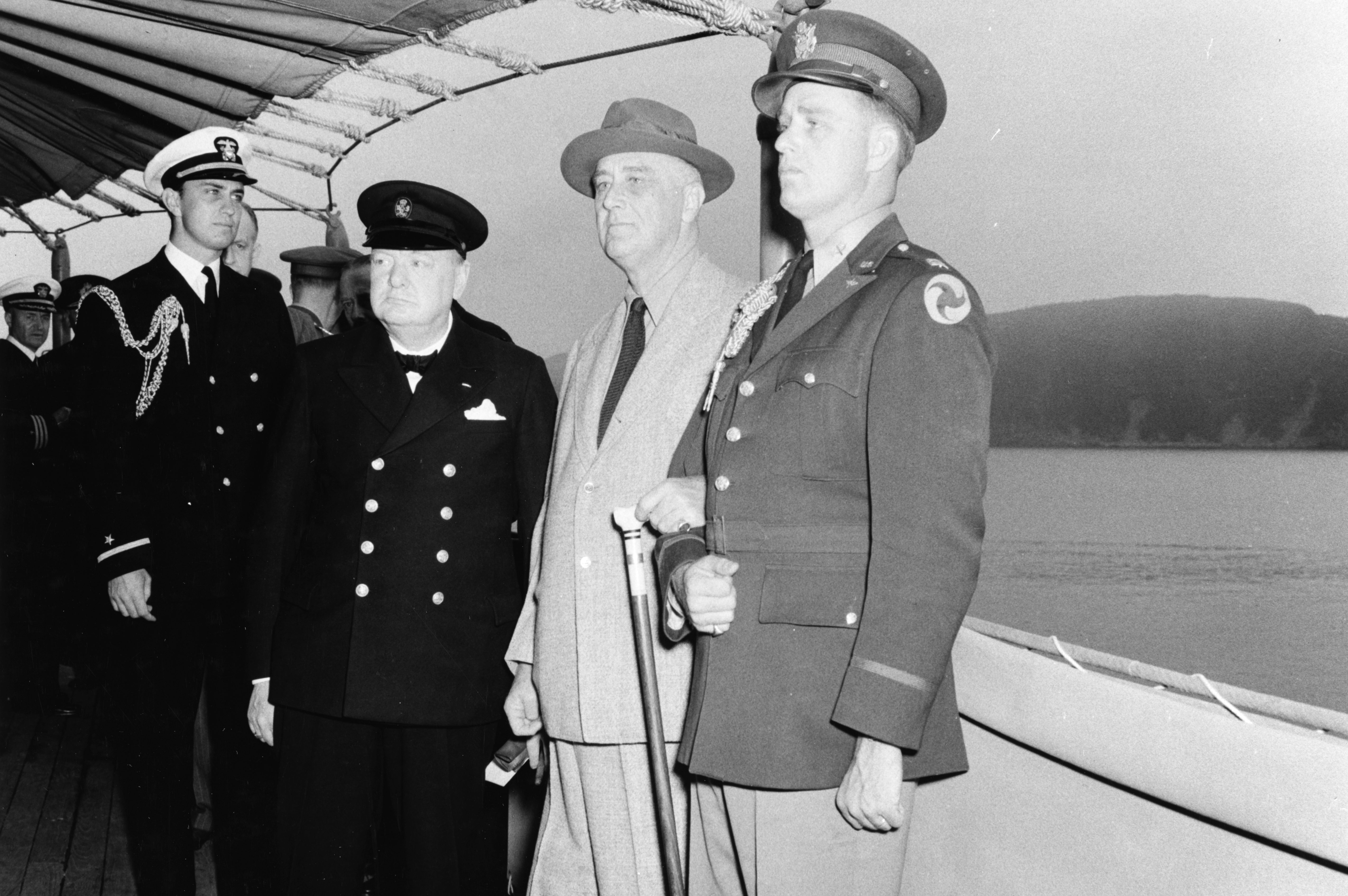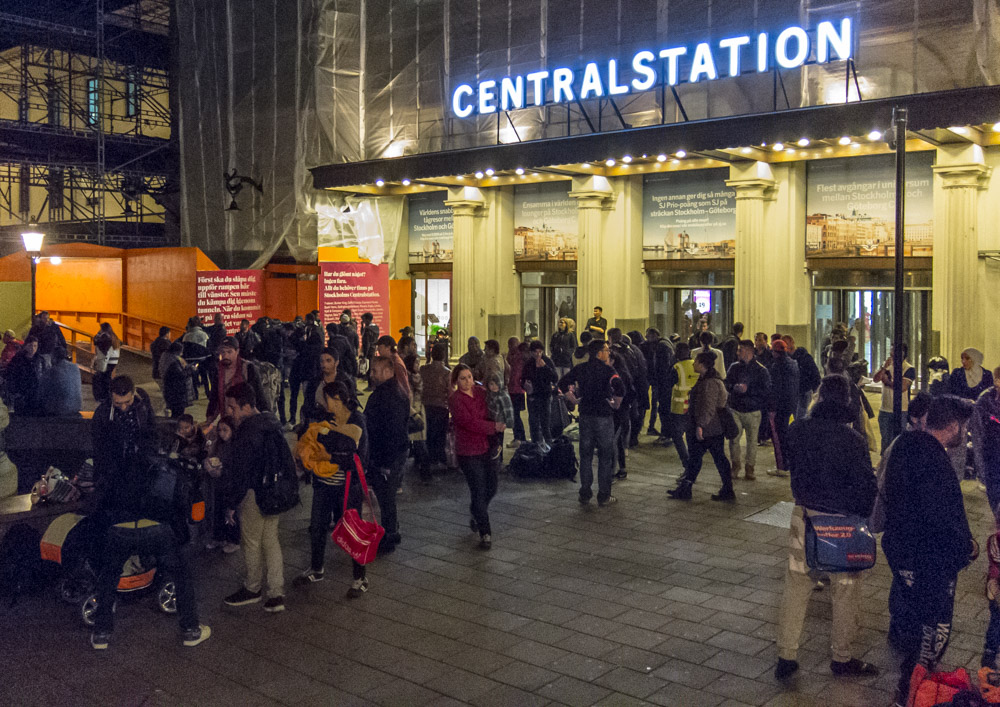NATO Is Still Key to Keeping the Peace in Europe
With Ukraine languishing outside the safety of the NATO alliance, the consensus seems to be that there is little the alliance can do as Putin enforces his latter-day Brezhnev Doctrine. That consensus view is wrong.
Alan DowdJanuary 19, 2022
Global Backstop for Democracy
America is audacious and globally indispensable chiefly because of its soaring ideals. And those ideals speak to the world in the measured but constant affirmation of benevolence and good will to all who reciprocate. May it always be good news when a mighty American ship anchors in a distant harbor in times of trouble.
Mark TooleyApril 14, 2021
State Privilege Won’t Save a Faith
Proponents of religious economy theory point to evidence suggesting that religious adherence decreases when a government actively promotes a church or hinders other beliefs.
Mark MeltonOctober 28, 2020
Divisible, Not Incompatible: Why Putting Political Agenda in Its Proper Place Leads to Better Human Rights Strategy and Economic and Social Outcomes
Summer 2018 was a landmark season for the US and its participation in advancing international human rights. First, the US Ambassador to the United Nations Nikki Haley led the US withdrawal from the UN Human Rights Council, and then the US Department of State hosted the first ever international religious freedom ministerial to advance religious liberty around the world.
Shea GarrisonSeptember 12, 2018
One More Item for NATO’s To-Do List: The Arctic
America and NATO’s interests in the Arctic—which include territorial integrity, sovereignty, resource exploration and development, trade, and freedom of navigation—are under threat because of Russia’s actions.
Alan DowdJuly 12, 2018
NATO Takes the Fifth
What does NATO need to do going forward? The short answer: more and less.
Alan DowdFebruary 23, 2018
The Small Nations and European Reconstruction
In 1942, Christianity & Crisis argues the importance of preserving and incorporating smaller nation-states when reconstructing Europe after World War II.
Christianity & Crisis MagazineMay 26, 2017
Christian Refugees Persecuted in Sweden
Christian refugees who have fled persecution in their home countries now face the same fate in Sweden.
Jacob RudolfssonMarch 9, 2016
The Cost of Responsibility
This is not a blog about Sweden, but much of it will seem like it is. Recent Nordic events certainly warrant comment. Mirroring the larger European mood, Sweden, perhaps particularly so, is suffering some loss of confidence in the endurance of her own sovereignty. In an opinion piece in Sweden’s Svenska Dagbladet newspaper, the leadership of the influential Center Party neatly summarizes the reason, “We lack the ability to defend ourselves.”
Marc LiVeccheSeptember 9, 2015










 Sponsor a student for Christianity & National Security 2024
Sponsor a student for Christianity & National Security 2024